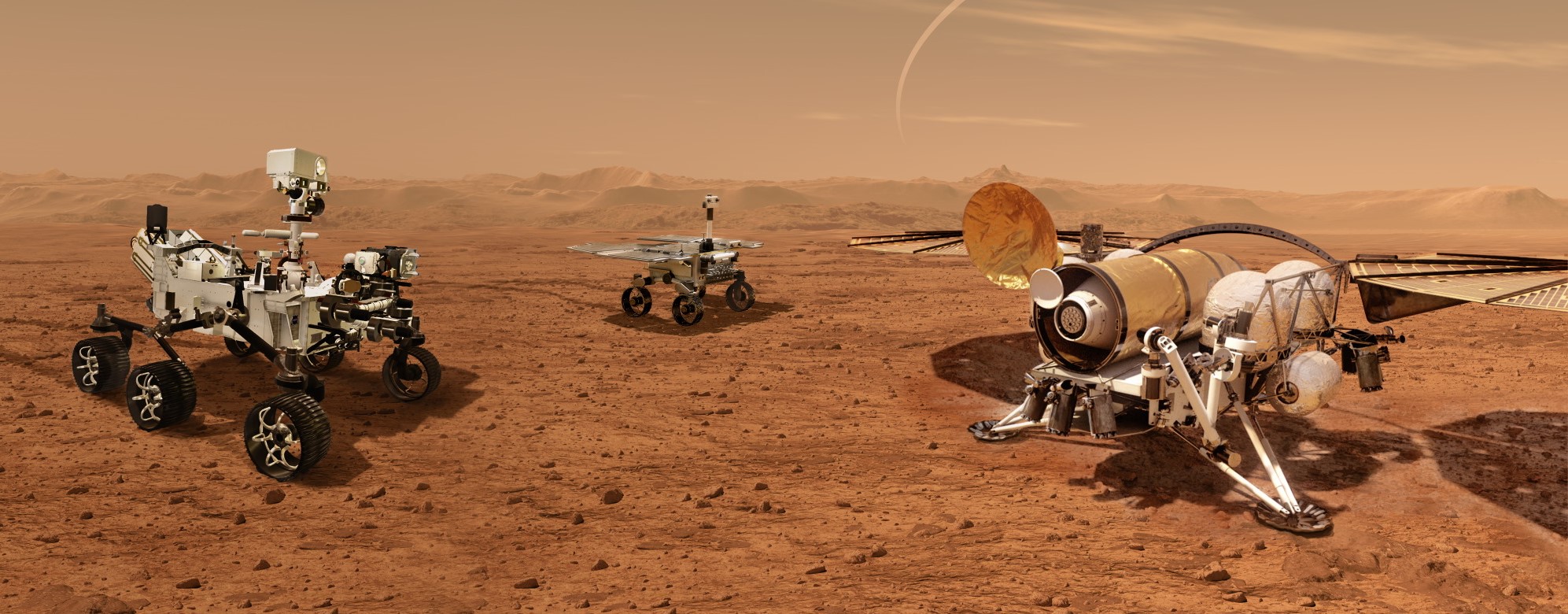As technology advances and space exploration becomes more accessible, a new frontier is emerging: space tourism. The dream of ordinary people traveling to space is no longer confined to the realms of science fiction. This transformative industry brings with it a host of opportunities and challenges, shaping the future of travel as we know it.
Opportunities of Space Tourism:
- Unparalleled Experience: Space tourism offers a once-in-a-lifetime experience of weightlessness, breathtaking views of Earth from space, and the opportunity to witness the curvature of our planet. It provides a perspective on our world that only astronauts have had the privilege to experience.
- Economic Growth and Job Creation: The space tourism industry has the potential to stimulate economic growth by creating jobs and fostering innovation. As the industry expands, it will require skilled professionals in various fields, from engineers and pilots to hospitality and entertainment.
- Scientific Research Opportunities: Space tourism missions can contribute to scientific research by carrying experiments and instruments into space. These missions could provide valuable data for studying the effects of microgravity on biological organisms, materials, and other scientific phenomena.

- Global Collaboration: Space tourism is not limited to one country or space agency. International collaboration in space travel fosters cooperation between nations, promoting goodwill and shared goals in the peaceful exploration of outer space.
Challenges of Space Tourism:
- High Costs: One of the primary challenges of space tourism is its high cost. As technology develops and becomes more efficient, the industry must find ways to reduce expenses to make space travel accessible to a broader demographic.
- Safety Concerns: Safety is a paramount concern in space tourism. The inherent risks of space travel, including launch and re-entry, require rigorous safety protocols and technological advancements to ensure the well-being of passengers.
- Environmental Impact: The environmental impact of space tourism, particularly rocket launches, raises concerns. Industry stakeholders must work towards developing greener technologies and sustainable practices to minimize the ecological footprint of space travel.
- Regulatory Framework: As space tourism becomes a reality, regulatory frameworks must be established to govern the industry. International agreements and standards are essential to ensure the safety of passengers, protect the space environment, and prevent potential conflicts.
In conclusion, the future of space tourism holds exciting possibilities for adventurous travelers and the continued exploration of space. While challenges exist, ongoing advancements in technology, safety measures, and international collaboration pave the way for a new era where space becomes a destination for those seeking the ultimate adventure.

